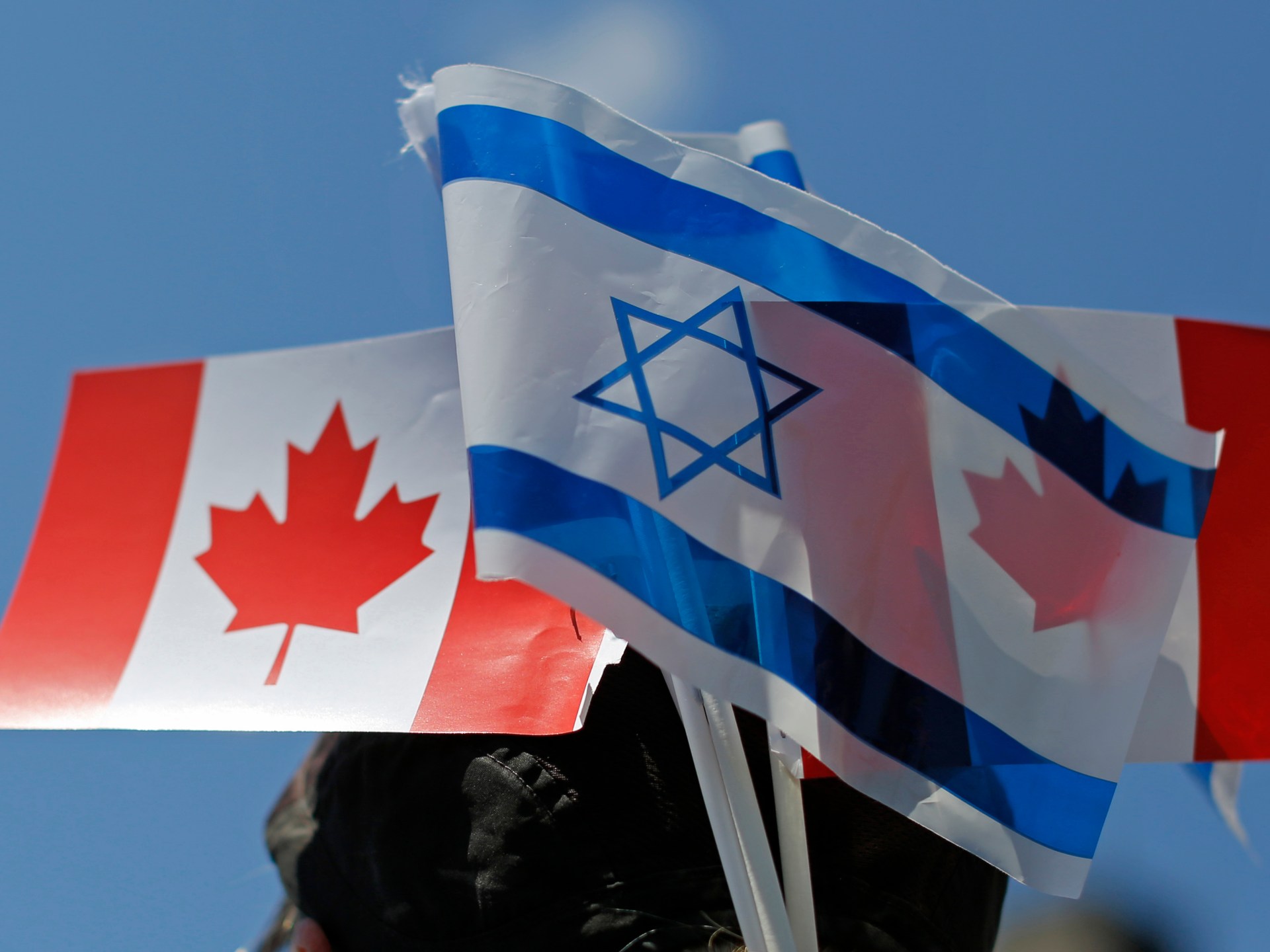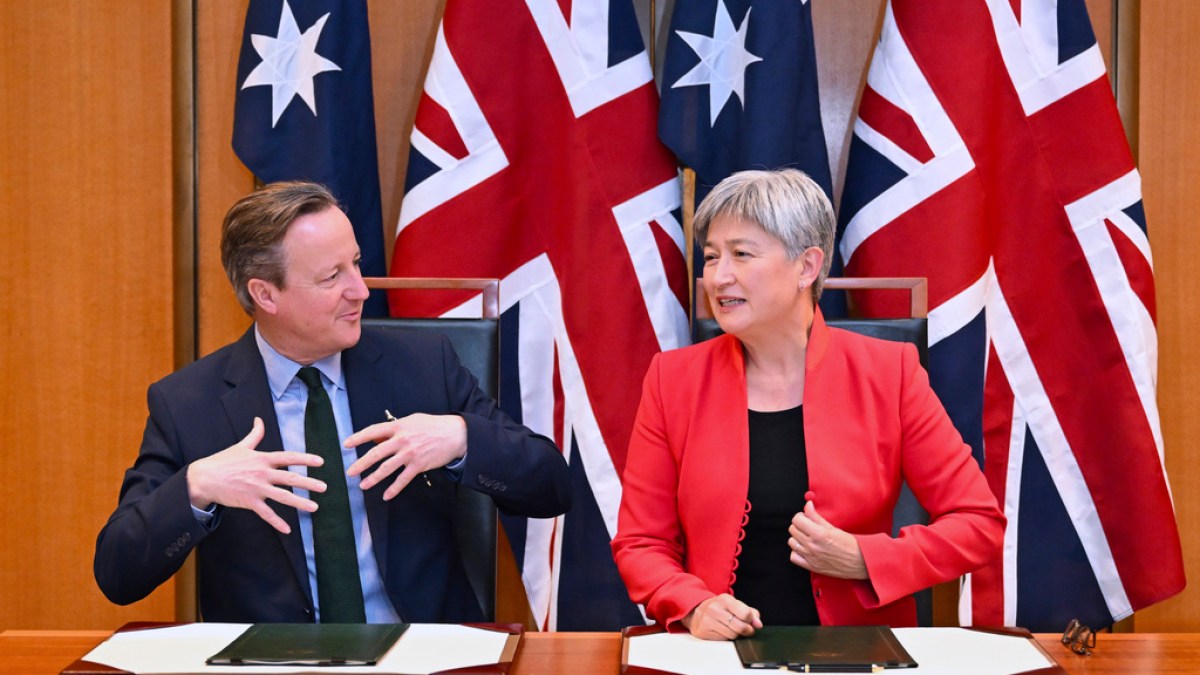Israel, Palestine and Canada’s ‘schizophrenic foreign policy’ | Israel-Palestine conflict News
Montreal, Canada – More than a month into its bombardment of Gaza, the Israeli military issued a warning: Ground troops had surrounded the largest hospital in the Palestinian enclave, al-Shifa. A raid would be launched “in minutes”.
The impending siege of the Gaza City health complex sparked panic among the thousands of injured patients, medical staff and displaced Palestinians sheltering there.
But amid urgent international pleas to protect Gaza’s hospitals, much of the focus in Canada was on the tougher tone of Prime Minister Justin Trudeau.
“I have been clear: The price of justice cannot be the continued suffering of all Palestinian civilians. Even wars have rules,” Trudeau said in a news conference on November 14, around the time the al-Shifa raid began.
“I urge the government of Israel to exercise maximum restraint,” he continued, offering his toughest comments since the war began. For weeks, Trudeau had been ignoring calls – and some of Canada’s largest protests in recent memory – demanding an immediate ceasefire in Gaza.
“The world is watching. On TV, on social media, we’re hearing the testimonies of doctors, family members, survivors, kids who’ve lost their parents. The world is witnessing this. The killing of women and children – of babies; this has to stop.”
The response from Tel Aviv was swift. Prime Minister Benjamin Netanyahu reacted publicly to Trudeau’s speech, arguing on social media that the Palestinian group Hamas, not Israel, was responsible for any civilian casualties. Netanyahu pointed to Hamas’s attacks in southern Israel on October 7, one of the events that precipitated the war.
Pro-Israel lobby groups in Canada echoed that argument, saying “the blood of dead babies – Israeli and Palestinian – is on Hamas” and accusing Trudeau of fuelling anti-Semitism.
In the days that followed, Canadian ministers sought to temper Trudeau’s comments.
“The prime minister, quite understandably, is concerned about innocent lives on both sides of that border,” Defence Minister Bill Blair told the Canadian network CTV. “We’ve also been crystal clear: Israel has the right to defend itself.”
The episode is one of many examples in recent weeks of what observers have described as Canada’s “schizophrenic” foreign policy when it comes to Israel and Palestine.
“Whenever [Trudeau] does show any mettle with respect to this, he invariably then steps back from what he said after any sort of criticism coming from either the Israel lobby in Canada or Israeli leaders,” Michael Lynk, a former United Nations special rapporteur on human rights in the occupied Palestinian territories, told Al Jazeera.
It is not Israel that is deliberately targeting civilians but Hamas that beheaded, burned and massacred civilians in the worst horrors perpetrated on Jews since the Holocaust.
While Israel is doing everything to keep civilians out of harm’s way, Hamas is doing…
— Benjamin Netanyahu – בנימין נתניהו (@netanyahu) November 15, 2023
Unlike its powerful neighbour and Israel’s foremost backer, the United States, Canada says it aims to tread the middle ground in its policy on the Israeli-Palestinian conflict. It supports a two-state solution, opposes illegal Israeli settlements in the occupied territories and says international law must be respected by all parties.
But experts say Canada has two policies when it comes to the conflict: one on paper and one in practice.
They note that Canada has cast UN votes against its own stated positions and opposed Palestinian efforts to seek redress at the International Criminal Court, and argue that it has backed hardline, Israeli policies and failed to hold the country accountable for rights abuses.
“This government, as well as previous Canadian governments, have unfortunately had a blind spot with respect to Israel,” said Farida Deif, Canada director at Human Rights Watch.
She added that Canada’s stance has not changed despite the nearly two-month-long military campaign in Gaza, where bombs have struck hospitals, refugee camps and schools serving as shelters. More than 15,200 Palestinians have been killed.
“What we’ve seen with respect to Canada’s policy on Israel-Palestine is really a lack of coherence, confusion, and essentially not really engaging with the reality on the ground,” she told Al Jazeera. “And the reality on the ground that we’ve seen – that Palestinian organisations, Israeli organisations, international organisations have documented – is the reality of apartheid and persecution.”
So what drives Canada’s position?
Al Jazeera spoke to nearly a dozen human rights advocates, politicians, former officials and other experts about how foreign and domestic calculations influence Ottawa’s stance – and whether public outrage could shift its strategy.
Check out our Latest News and Follow us at Facebook
Original Source




